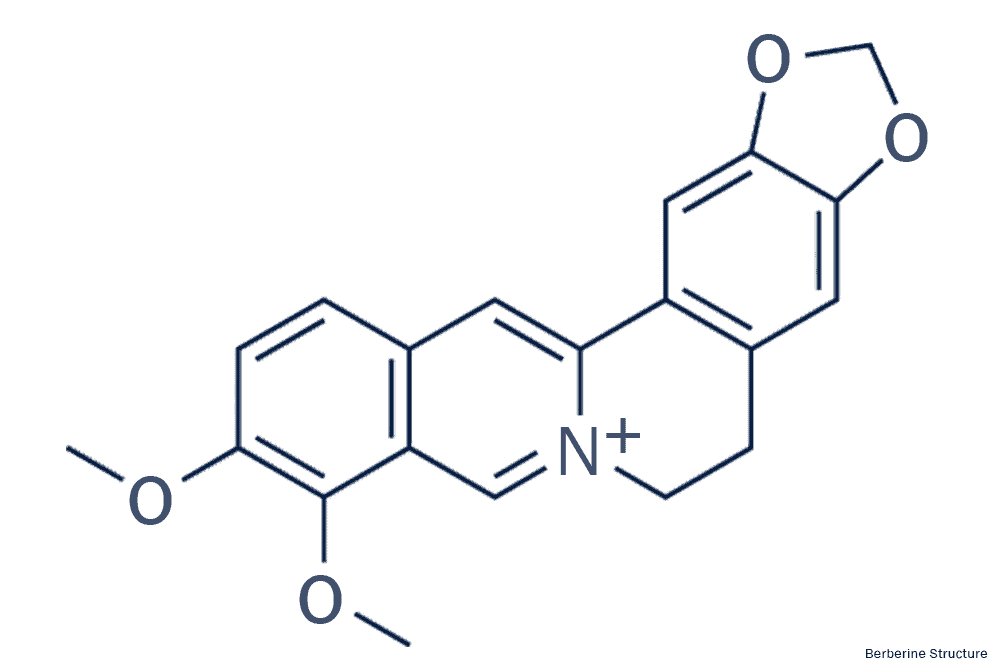
If you asked most people what has been the deadliest epidemic of the past 10 years 90% or more would likely say the coronavirus. They’d be wrong. It is estimated that just under 2 million people died last year from the coronavirus (1), while more than 4 million died from diabetes (2). Roughly the same numbers will play out this year.
However, next year the number of coronavirus-related deaths is expected to drop sharply due to the global vaccination campaign. But there is no vaccine for diabetes, and within just a few years the diabetes epidemic (3) will claim 5 million+ deaths per year. The truly tragic aspect of the diabetes epidemic is that it is largely preventable.
Within just a few years the number of adults worldwide with Type II diabetes (by far the more common type) may surpass 10%, with most of those cases linked to the parallel obesity epidemic (4). So it’s no surprise that people everywhere are scrambling to find ways to avoid falling victim to this vexing, chronic condition. Enter berberine.
What is Berberine?

Berberine is a naturally occurring compound found in plants such as goldenseal, barberry, Oregon grape, coptis, yerba mansa and many more. Berberine has been a staple of traditional medicine for nearly 3,000 years.
Traditional healers in China, India, the Middle East and elsewhere have long used it to boost the immune system, increase energy levels and stave off heart disease. But it has also been used to help people lose weight and control their diabetes, and it is these properties that have brought it out of the shadows and into the Western spotlight in recent years.
How Does Berberine Help People With Diabetes?
Berberine is said to help those with diabetes in a variety of ways:
There is nothing healthy or positive about obesity. In fact, it is a major contributing factor to the onset of diabetes. Berberine helps boost the metabolism (5) which, in turn, helps some fend off weight gain and others lose weight.

Berberine has been shown to increase insulin sensitivity. This bolsters the effectiveness of the insulin your body naturally produces, thereby making it easier to control blood sugar levels.
Studies indicate that berberine not only increases insulin sensitivity but actually reduces blood glucose levels (6), which is something of the Holy Grail of diabetes treatment.
Berberine improves the state of your gut microbiome (7) which helps improve nutrient absorption. In theory, this should enable people to eat less and still maintain proper nutrition, an important aspect of losing weight safely.
Berberine has been shown to reduce hemoglobin A1C, which is a moving 3-month average of blood sugar levels. A1C is considered an important diagnostic tool for determining if a person is diabetic or pre-diabetic (8).
Finally, inflammation is believed to play a key role in the development of both Type I and Type II diabetes (9). While free radicals (10) are also believed to play a role in the development of diabetes, while at the same time complicating or undermining treatment (11). Berberine is a powerful antioxidant that fights the action of free radicals and also possesses potent anti-inflammatory properties.
Any compound that can produce those kinds of benefits is bound to attract a lot of attention from people concerned they may be in danger of developing diabetes, or those who have already developed it. It’s also worth mentioning that berberine has the added benefit of being affordable.
Potential Side Effects and Drawbacks of Berberine
The potential upside of berberine is significant as we have seen. But it’s not all sunshine and puppy dogs. Everything has a potential downside as well and with berberine there are some potential side effects that warrant mentioning as well as some potential drug interactions.
As far as side effects go, people have complained of upset stomachs when taking high doses of berberine, or taking moderate doses for long periods of time. Others have complained of nausea, vomiting, constipation and diarrhea.

Headaches have also been reported by a small percentage of people, as well as skin irritation. In rare cases people have suffered from a slowing of their heart rate, a condition known as “bradycardia” (12).
Berberine and Insulin
Maybe the most troubling drawback of berberine is that taking it can be problematic for people who use insulin to control their blood sugars. Berberine’s ability to lower blood glucose levels means that, when used in concert with insulin, it can sometimes drive blood sugar levels down to a dangerous degree.
If blood sugar levels get too low hypoglycemia sets in. This is a potentially very dangerous condition characterized by:
- Fatigue
- Shakiness
- Sweating
- Irregular heartbeat
- Irritability
- Numbness
If not addressed in an urgent fashion hypoglycemia can devolve into seizures, loss of consciousness and even death (13).
Berberine and Other Medications
Berberine has also been known to interact with certain other medications including:
Warfarin and other anticoagulants – Berberine is not recommended for people taking this or similar blood thinning medications as it may interfere with their effectiveness.
Cyclosporine – Cyclosporine is given to recipients of heart, liver and kidney transplants. It’s job is to help prevent the body from rejecting the new organ. It is also sometimes prescribed to treat rheumatoid arthritis and severe cases of psoriasis. It is thought that berberine may slow the breakdown of cyclosporine by the body which could interfere with its effectiveness.
One Further Word of Caution
In scientific circles it is fairly well established that berberine is able to lower blood glucose levels. What isn’t talked about so much is how it does that. There is a growing body of evidence to suggest that it does so by causing malabsorption of food in the gut. This is likely the main reason so many people experience things like nausea, stomach ache and diarrhea. Food is simply not being properly absorbed.
If food is not being absorbed, it will not be metabolized into blood glucose and blood sugar levels will be held in check. The concern here though is that along with suppressing blood glucose levels, it may also contribute to poor nutrition, which can lead to an array of other problems. Something to think about or to discuss with your doctor before you start taking berberine.

